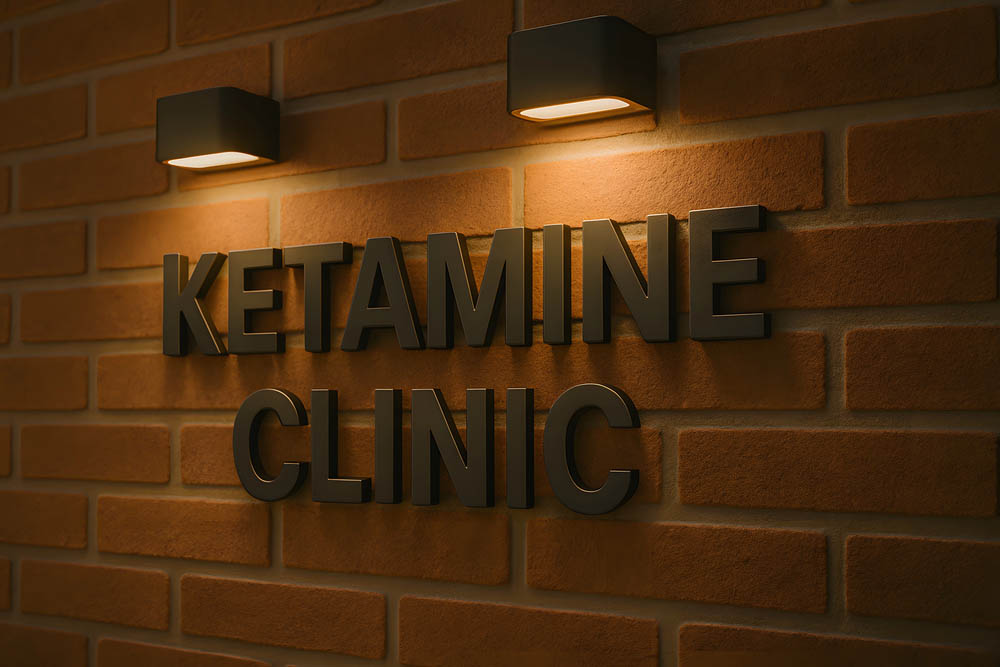In a new study, researchers found that ketamine infusions failed to beat an active placebo as an adjunctive therapy for patients hospitalized with depression. The KARMA-Dep 2 study compared ketamine infusions to midazolam, an “active placebo” that mimics ketamine’s sedative effects.
There was no statistically significant difference between groups on measures ranging from depression severity (measured with two different assessments, the MADRS and the QIDS), to cognition, to quality of life.
“The KARMA-Dep 2 trial did not find evidence that serial ketamine infusions were superior to an active comparator for inpatients with moderate to severe depression,” the researchers write.
The study was led by Ana Jelovac at Trinity College Dublin and published in JAMA Psychiatry.















